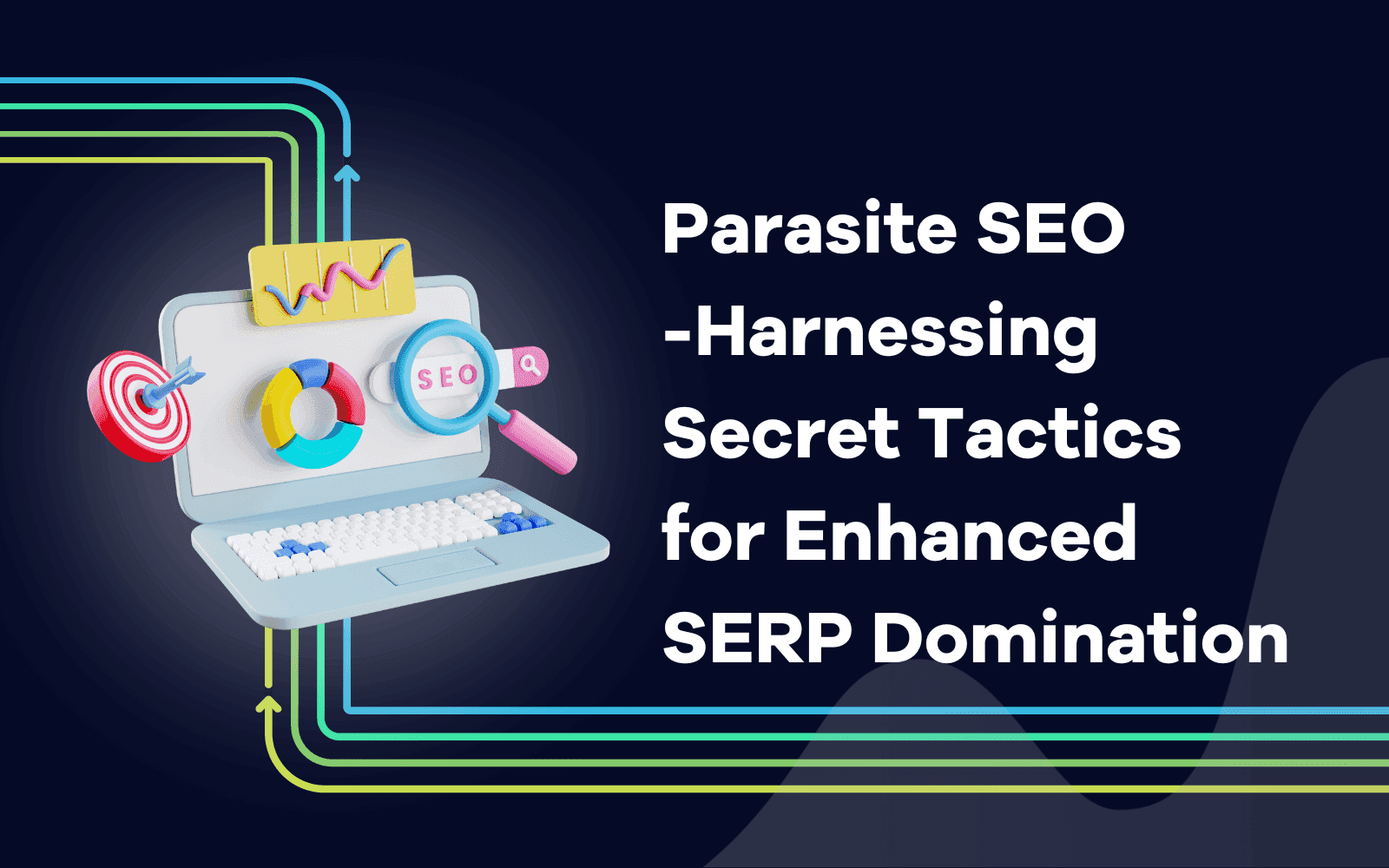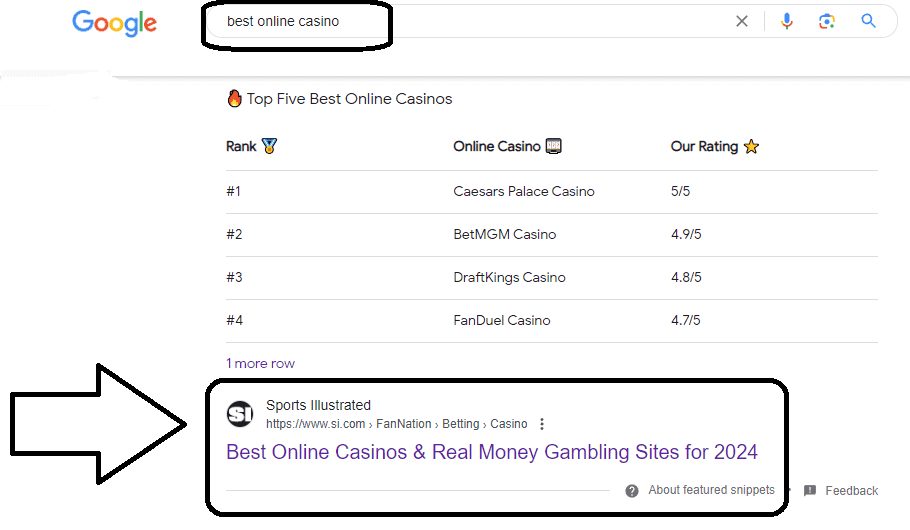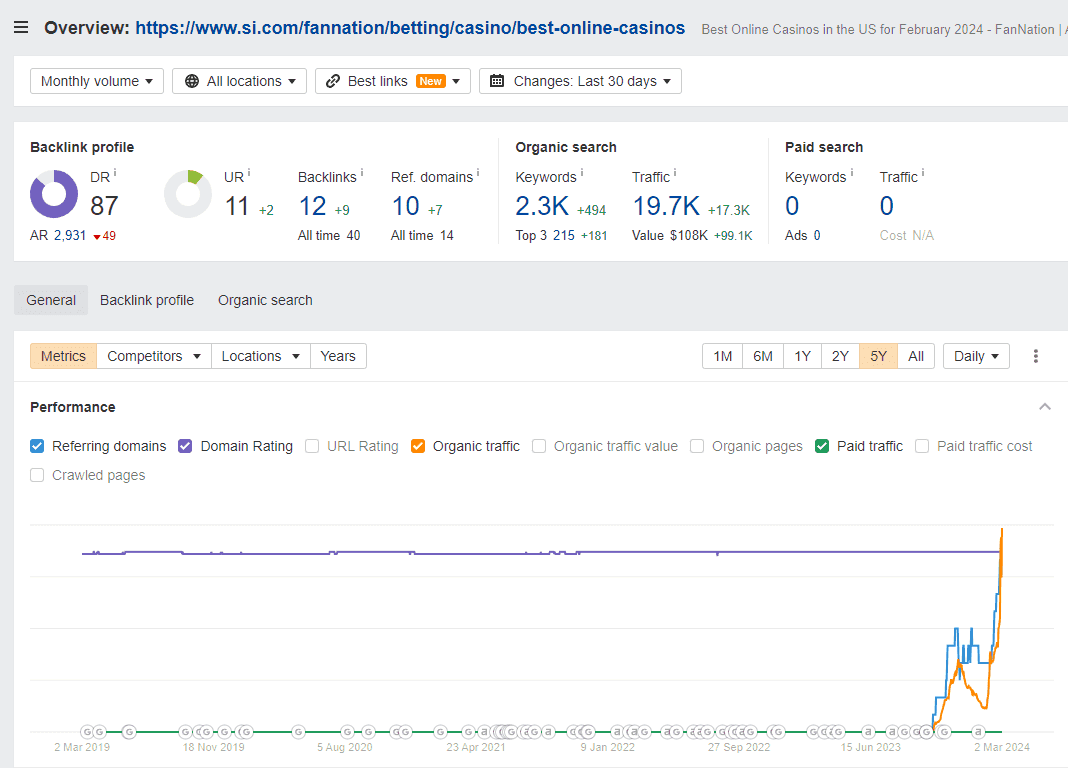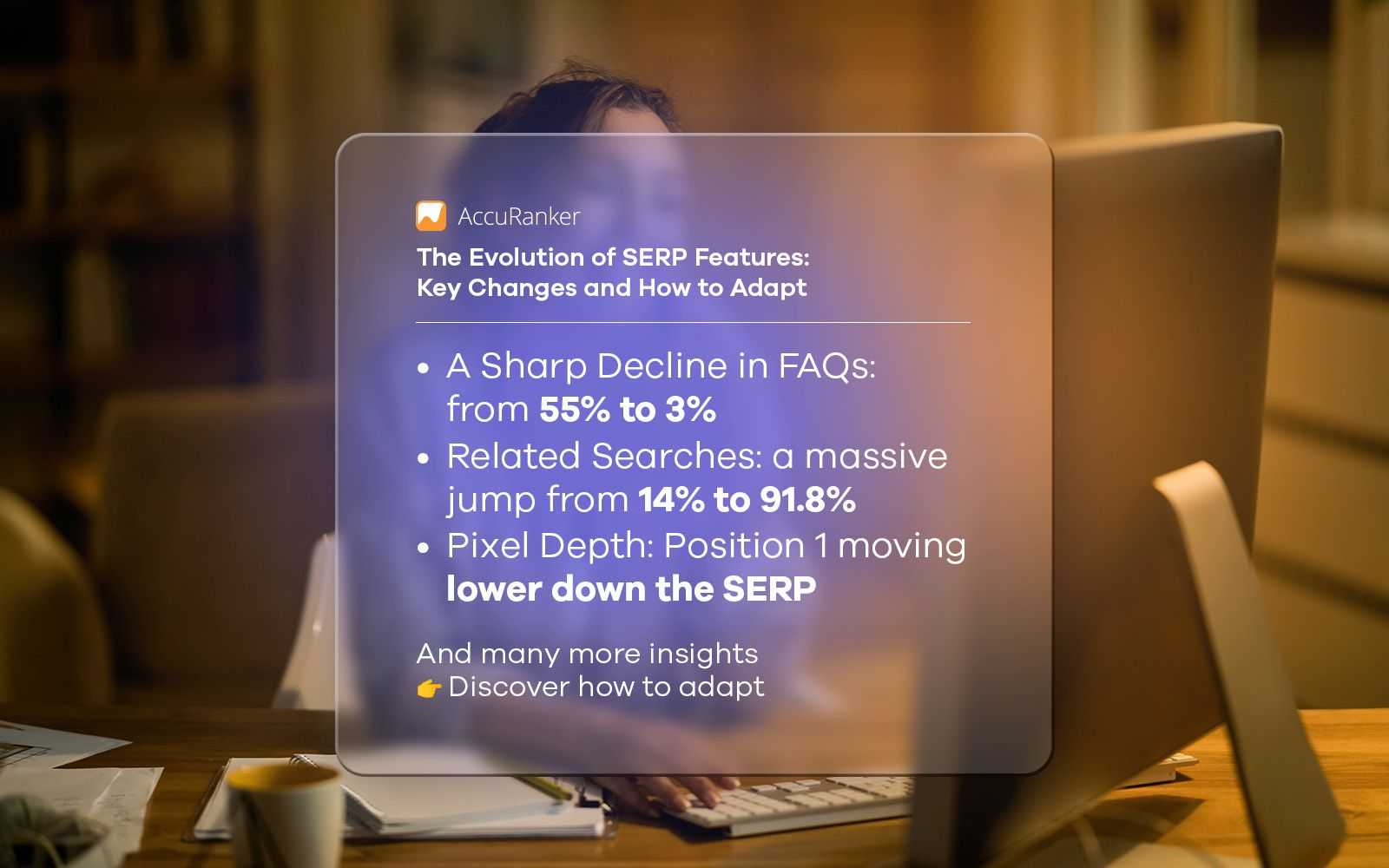Parasite SEO: Harnessing Secret Tactics for Enhanced SERP Domination
Last updated on Wednesday, February 28, 2024

Parasite SEO is not new, but it has gained more popularity recently. It refers to using another website's authority and credibility to rank higher in search engine results.
This technique has been a controversial topic, with some experts arguing that it goes against ethical practices and others claiming it is a legitimate strategy for improving online visibility. Whichever side you fall on, understanding what parasite SEO is and how it works is important for any business or individual looking to improve their online presence.
Are you ready to delve deeper into this "secret" tactic? Then let's begin.
What is Parasite SEO?
Parasite SEO involves piggybacking content on authoritative, third-party websites to harness their domain authority and garner better search engine visibility for your business.
It allows people to rank for their targeted keywords by creating content on platforms that already enjoy high rankings on Google, such as Forbes, Moz, Medium, and LinkedIn (hence, the "parasitic" metaphor).
The concept is fairly straightforward. You create content that ranks highly on platforms with significant authority and high traffic, with the goal of funneling some of that visibility back to your website or landing page. This strategy is particularly potent for outranking competitor websites that might have better authority by attaching your content to domains with already established credibility in the eyes of search engines.
The Fundamentals of Parasite SEO
At its core, parasite SEO is about strategic content placement.
High-domain authority sites rank more quickly and more consistently than new or lesser-known websites. By positioning quality content on these platforms, you can take advantage of the 'link juice' they offer, which is essentially sharing some of the authority with your site. The result is an increase in the visibility of your content in search engine results pages.
To implement the strategy effectively, strong keyword research and content optimization remain essential. Yet, the success of parasite SEO hinges on understanding the nuances of each platform and tailoring content that both aligns with your online goals and speaks the language of the hosting site's user base.
The Benefits of Parasite SEO
Now that we have covered the basics, let's explore some of the potential benefits:
Rapid Search Engine Ranking
Amplifying Your Reach
Outrank Competitors
Rapid Search Engine Ranking
One of the most important benefits of parasite SEO is the potential for rapid ranking in search engines. When you publish quality content on a high-ranking domain, search engines take notice more quickly than if that same piece of content were to live on a brand-new website with minimal to no authority.
Amplifying Your Reach
Placing content on well-known platforms also means tapping into an existing audience. By conscientiously selecting the right platforms and tailoring your content to the user base of that site, you have the opportunity to reach a larger and more diverse audience than your brand's channels might allow.
Outrank Competitors
By utilizing the authority of third-party platforms, this technique offers a way to outrank competitors who may have stronger domain authority. It also allows you to level the playing field by leveraging the credibility and traffic of well-established sites.
Examples of Parasite SEO in Action
To better help you grasp the concept, here's a quick look at a few examples of parasite SEO in action.
Example #1: "Best Options Prop Trading Firms"

By entering the "Best Options Prop Trading Firms" keyword in Google, you can see the first result is LinkedIn. The author of this page used the method by leveraging the authority of the social platform.
Example #2: "Best Online Casino"

As you can see from this query, Sports Illustrated, a DA91 site, is hosting a page of content ranking at the number one position for the keyword "best online casino".

The content was posted recently and if we check it with Ahrefs, we can notice it has been bringing almost 20k monthly traffic, which I'm sure resulted in lots of affiliate earnings from this single page.
Example #3: “Best Protein Powder”

This SERP is dominated by the New York Magazine, a DA91 site, with an article titled "14 Best Protein Powders 2024".
It's curious to see that they have outranked a website like "Health", which is surely more industry-related, but with a slightly lower domain authority.
Looking at these examples, it's easy to see the potential impact of parasite SEO on search engine rankings and online visibility. While this strategy may be controversial, there is no denying its effectiveness when executed correctly.
Mastering the Art of Parasite SEO
Now that you have a better understanding of how this technique works and how it can benefit your business, it's time to learn how to execute it effectively.
Here are the steps to mastering the art of parasite SEO:
Choosing the Right Platforms
Execute Keyword Research
Build High-Quality Content
Optimize for Conversion
Track Results and Adapt Your Strategy
Choosing the Right Platforms
A discerning eye for selecting the right platforms is critical to the success of this strategy.
Before you email outreach to them, ensure the sites you choose align with your content and your audience, and have the domain authority to make a meaningful impact on your rankings.
Some examples to consider include highly authoritative sites like Forbes, The New York Times, and Outlook India. But also more accessible social platforms like:
LinkedIn (Pulse)
Medium
Reddit
Quora
Wordpress.com
YouTube
Tumblr
Pro Tip: Before committing to a platform, make sure that it offers direct links and indexing capabilities. Some popular sites like Instagram or Facebook do not allow for this type of linking.
Execute Keyword Research
Don't underestimate the importance of thorough keyword research.
As with any SEO strategy, choosing the right terms is pivotal to achieving your desired results. Consider both short-tail and long-tail keywords, as well as their search volume and competition.
Then, place them strategically throughout your content for maximum impact:
In the title
In headings and subheadings
In the first paragraph
Throughout the body of your content
Pro Tip: Use tools like Google Keyword Planner or Ahrefs to identify hidden gems and move to the next step.
Build High-Quality Content
Quality content remains at the heart of any successful SEO strategy.
Ensure your content is well-written, informative, and offers value to the reader. Additionally, make sure it aligns with the hosting site's user base and follows its guidelines for publishing content.
Follow these steps to craft high-quality content:
Research your topic thoroughly
Use engaging and informative language
Include visuals (images, videos, infographics) to break up text
Cite reputable sources and include internal and external links
Pro Tip: Include internal links to your content within the content for additional SEO benefits and to drive traffic back to your site.
Optimize for Conversion
While ranking high in search engines is important, ultimately, you want that traffic to convert into leads or sales.
Make sure your content includes calls to action and engages readers in a way that encourages them to take action.
Some practical tips include:
Including a clear and concise call to action at the end of your content
Offering something of value in exchange for contact information (e.g. white paper, e-book, webinar)
Creating visually appealing and easy-to-use landing pages for conversions
Track Results and Adapt Your Strategy
To truly master the art of parasite SEO, it's essential to continually track your results and adapt your strategy accordingly.
Keep an eye on your rankings, traffic, and conversions to see what's working and what's not. Use this data to inform future decisions and make improvements to your content.
Additionally, you can:
Monitor backlinks to your content and look for opportunities to build more
Stay up to date with algorithm changes and adjust your keyword strategy as needed
Pro Tip: Set up Google Alerts or use a monitoring tool like Awario to keep track of mentions of your brand or keywords on the hosting site, allowing you to engage with readers and further increase visibility.
FAQ
Q: What is the difference between parasite SEO and guest posting?
While both strategies involve posting content on external sites, parasite SEO focuses on ranking for specific keywords and using the hosting site's authority to boost visibility. Guest posting, on the other hand, typically involves creating content for a site's audience and may not necessarily be keyword-focused.
Q: Is parasite SEO ethical?
There is some debate surrounding the ethics of this strategy. While it may be seen as taking advantage of larger sites' authority, ultimately, it is a legitimate SEO tactic. As long as the content is high-quality and provides value to readers, there is no issue with using it in your marketing strategy.
Q: Can I use parasite SEO for any type of business or industry?
Parasite SEO can be effective for businesses in various industries, as long as the hosting site's audience aligns with your target market. However, it may be more challenging to implement for highly niche or specialized industries. It is always best to do thorough research before diving into any marketing strategy.
The Future of Parasite SEO
Parasite SEO is not without its controversies and potential pitfalls. The careful management of your digital footprint across various platforms and ongoing changes in search algorithms necessitate a thoughtful, long-term approach to content placement. However, when executed with strategic precision and ethical consideration, this technique can be an indispensable facet of your broader SEO plans.
In conclusion, mastering the art of parasite SEO offers the potential to discover new heights of visibility, traffic, and conversions for your brand. By harnessing the power of existing authority, you're taking a quantum leap in the cluttered world of search engine optimization. It's an approach that's not simply about capitalizing on the achievements of others, but a means to authenticate your voice in the digital landscape.

Article by:
Erik Emanuelli
Blogger
Erik Emanuelli has been in the online marketing game since 2010. He’s now sharing what he has learned on his website. Find more insights about SEO and blogging here.


